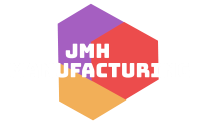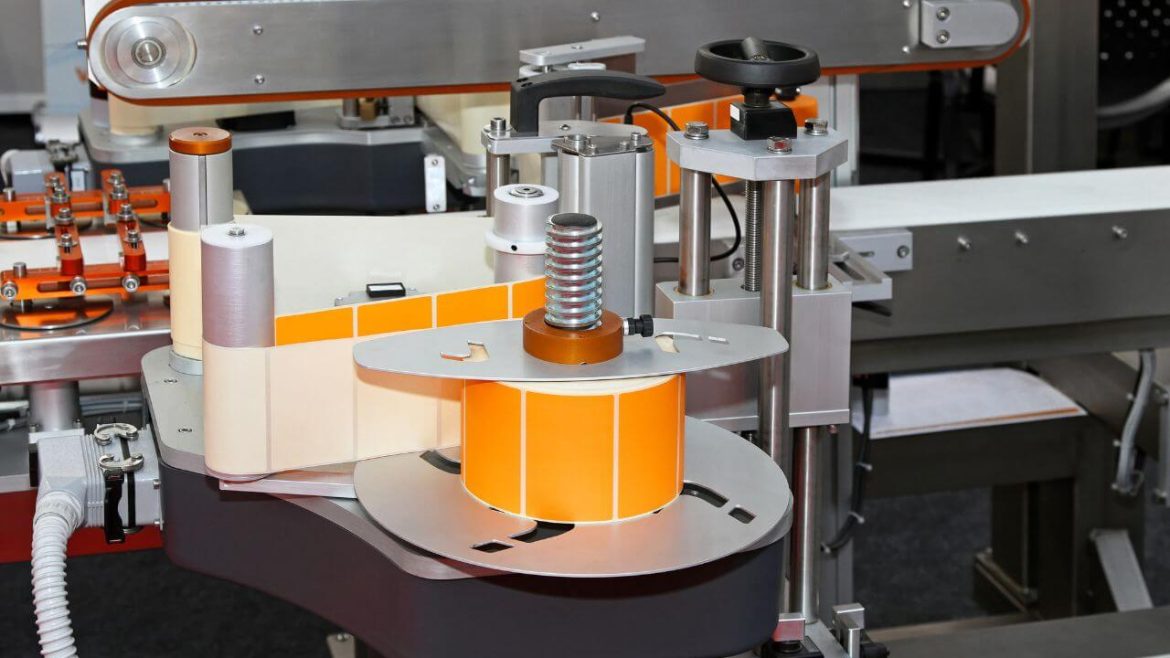In the ever-evolving landscape of pharmaceutical manufacturing, labeling plays a critical role in ensuring product integrity, regulatory compliance, and patient safety.
Pharmaceutical labeling machine companies continuously invest in research and development (R&D) to enhance their products’ capabilities, efficiency, and adaptability to meet the industry’s evolving needs. This article delves into the R&D investment strategies and innovation directions pursued by these companies.
R&D investment strategies
Pharmaceutical labeling machine companies prioritize R&D investment as a cornerstone of their growth and competitiveness. These investments are directed towards several key areas:
- Technology Advancements: Companies allocate substantial resources to develop cutting-edge technologies that improve labeling accuracy, speed, and versatility. Advanced sensors, machine vision systems, and automation solutions are integrated into labeling machines to enhance performance and reduce errors.
- Compliance and Regulatory Requirements: With stringent regulatory requirements governing pharmaceutical labeling, companies invest in R&D to ensure their machines comply with global standards such as FDA regulations in the United States and EU directives. This includes incorporating features for serialization, tamper-evident labeling, and data integrity to meet regulatory mandates.
- Customization and Flexibility: Flexibility is paramount in pharmaceutical manufacturing, where products vary in size, shape, and packaging requirements. R&D efforts focus on developing modular labeling systems that can be easily configured and adapted to accommodate diverse product specifications, minimizing changeover time, and maximizing operational efficiency.
- Integration with Industry 4.0 Technologies: Embracing the principles of Industry 4.0, pharmaceutical labeling machine companies invest in R&D to integrate their systems with emerging technologies such as the Internet of Things (IoT), artificial intelligence (AI), and big data analytics. Smart labeling machines equipped with IoT sensors enable real-time monitoring of equipment performance, predictive maintenance, and remote diagnostics, enhancing overall productivity and reliability.
Innovation Directions
Driven by market dynamics and technological advancements, pharmaceutical labeling machine companies pursue several innovation directions to stay ahead of the curve:
- Digitization and Connectivity: The industry is witnessing a shift towards digitized labeling processes enabled by cloud-based software platforms. Companies are innovating by developing labeling machines with built-in connectivity features that enable seamless integration with enterprise resource planning (ERP) systems, facilitating centralized control, data sharing, and traceability across the production line.
- Augmented Reality (AR) and Virtual Reality (VR) Applications: AR and VR technologies are increasingly being explored to enhance operator training, troubleshooting, and maintenance of labeling machines. Companies are investing in R&D to develop immersive training modules and remote assistance tools that leverage AR/VR capabilities, reducing downtime and improving operational efficiency.
- Sustainability Initiatives: Environmental sustainability is a growing concern in pharmaceutical manufacturing. Companies are innovating by designing labeling machines with eco-friendly features such as energy-efficient components, recyclable materials, and reduced waste generation. R&D efforts also focus on developing biodegradable labeling materials and eco-friendly inks to minimize the environmental footprint of labeling operations.
- Artificial Intelligence and Machine Learning: AI and machine learning algorithms are revolutionizing labeling processes by enabling predictive maintenance, adaptive control, and quality optimization. Pharmaceutical labeling machine companies are investing in R&D to leverage AI-driven predictive analytics for proactive fault detection, intelligent label inspection, and real-time adjustments, enhancing reliability and quality assurance.
Conclusion
In conclusion, pharmaceutical labeling machine companies recognize the pivotal role of R&D investment and innovation in driving technological advancements and meeting the evolving needs of the industry.
By prioritizing technology advancements, compliance, customization, and integration with Industry 4.0 technologies, these companies strive to deliver cutting-edge labeling solutions that ensure product quality, regulatory compliance, and operational excellence in pharmaceutical manufacturing.

